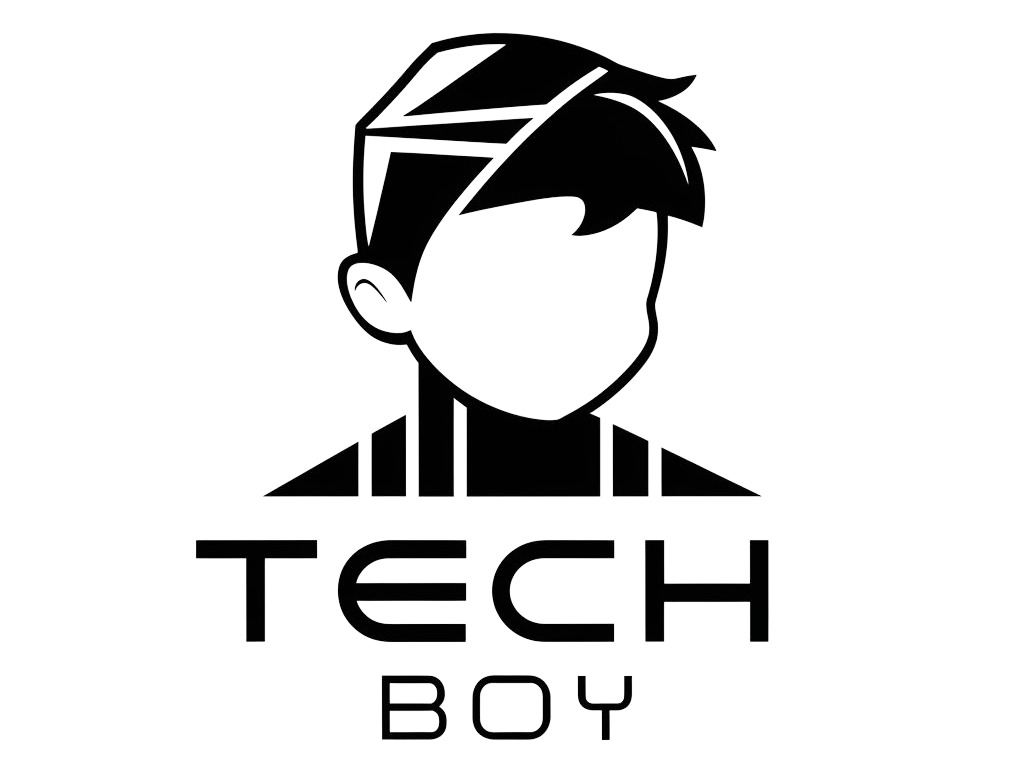GenAI could make the Apple Watch a powerful healthcare tool
Generative AI (genAI) features added to an existing Apple Watch health app may light the path toward personalized and data-led healthcare for patients with Parkinson’s disease. The StrivePD app is made by Rune Labs, a California-based entity focused on delivering next-generation care for people with neurological disorders.
StrivePD has been enhanced with new genAI-created clinical reporting tools that provide in-depth data on a patient and the progression of their disease, and it delivers personalized educational content to patients, caregivers, and clinicians to improve outcomes.
What is StrivePD and how does it help?
The reports, allegedly HIPAA-compliant and shared with patients via email, are structured so patients get good insight into where they are with the disease, including summaries of their medication compliance, exercise, and symptom fluctuations. The app also delivers coaching in the form of exercise suggestions and tips around sleep patterns, and draws on data gathered by the Apple Watch (along with information shared by the patient).
In theory, the combined solution should help patients while also equipping medical professionals with deeper information they can use to guide treatment.
It could even enable Parkinson’s patients to access care in the first place “The unfortunate reality is there is a structural shortage of specialists who can treat Parkinson’s, and the problem is getting worse,” said Rune Labs CEO Brian Pepin. “Most Parkinson’s patients struggle to get adequate access to care.”
Changing lives, one focused LLM at a time
It should be noted that the Rune Labs solution was in 2022 given the go ahead by the US Food and Drug Administration (FDA) to collect patient symptom data through measurements made by Apple Watch.
This makes it a recognized solution that could in the future become a poster child for the potential of genAI to deliver life-changing health benefits when deployed in such focused domains. (Turns out there’s a lot more to genAI than automating job applications and creating amusing images — data analysis at this level could yield profound benefits in terms of healthcare results and patient autonomy.)
Apple should be looking at this
I’d be very, very surprised if Apple’s health teams were not themselves already exploring ways in which to combine the data gathered by their own sensors and services with focused large language models (LLMs) to provide similar benefits. It’s a natural progression from the accurate exercise tracking tools the company has already deployed, including but not limited to swimming and wheelchair activity sensors.
The existence of that kind of highly personalized data and the also existing connection between Apple’s devices and patient medical data opens up interesting possibilities for LLM-augmented health and services that extend beyond Apple Fitness.
In that sense, the Rune Labs announcement could prophesize future health-related services that combine genAI with the vast quantity of personal data Apple’s ecosystem already gathers.
What’s happening in Apple R&D?
Apple CEO Tim Cook has frequently claimed that Apple will in the end be remembered for the work it is doing in health. Given the entire company is now shoulders to the wheel in the push to put AI in everything, it is unlikely its health teams aren’t at least trying to book some internal R&D time to explore how it can be applied in that sector.
If the Rune Labs solution actually delivers on its promises, Apple’s health teams will at least have an argument to justify that investment. But Apple aside, tools like these that empower better patient care and encourage personal autonomy are among the bright spots for a technology so many people fear may be a dystopian fin de siècle.
Please follow me on LinkedIn, Mastodon, or join me in the AppleHolic’s bar & grill group on MeWe.







